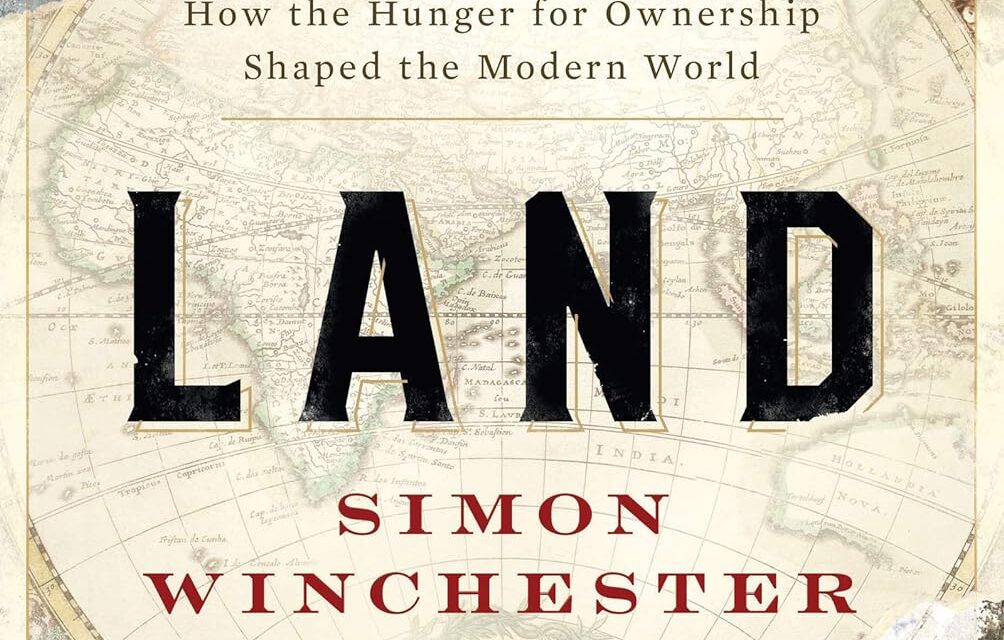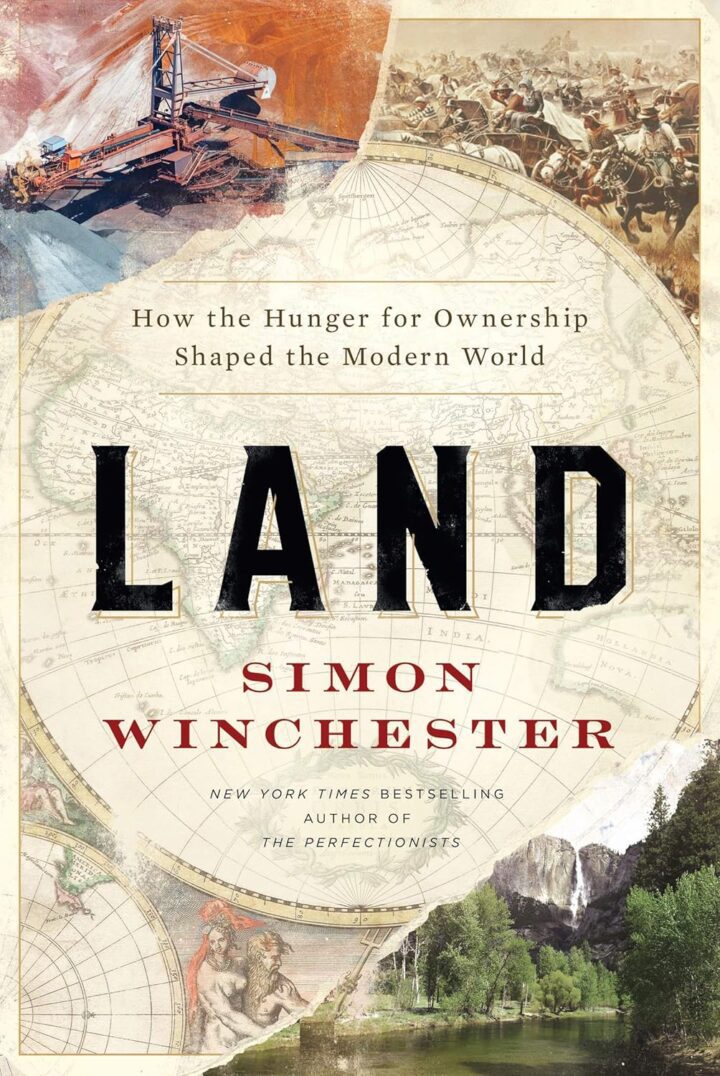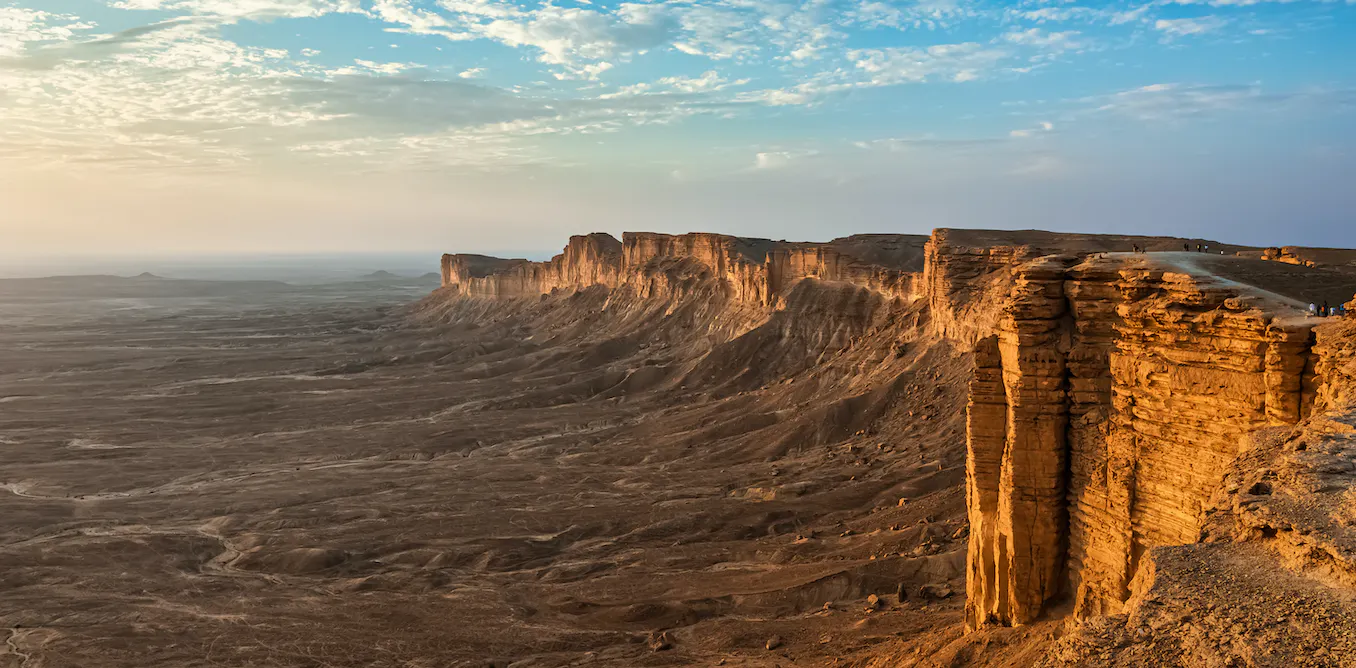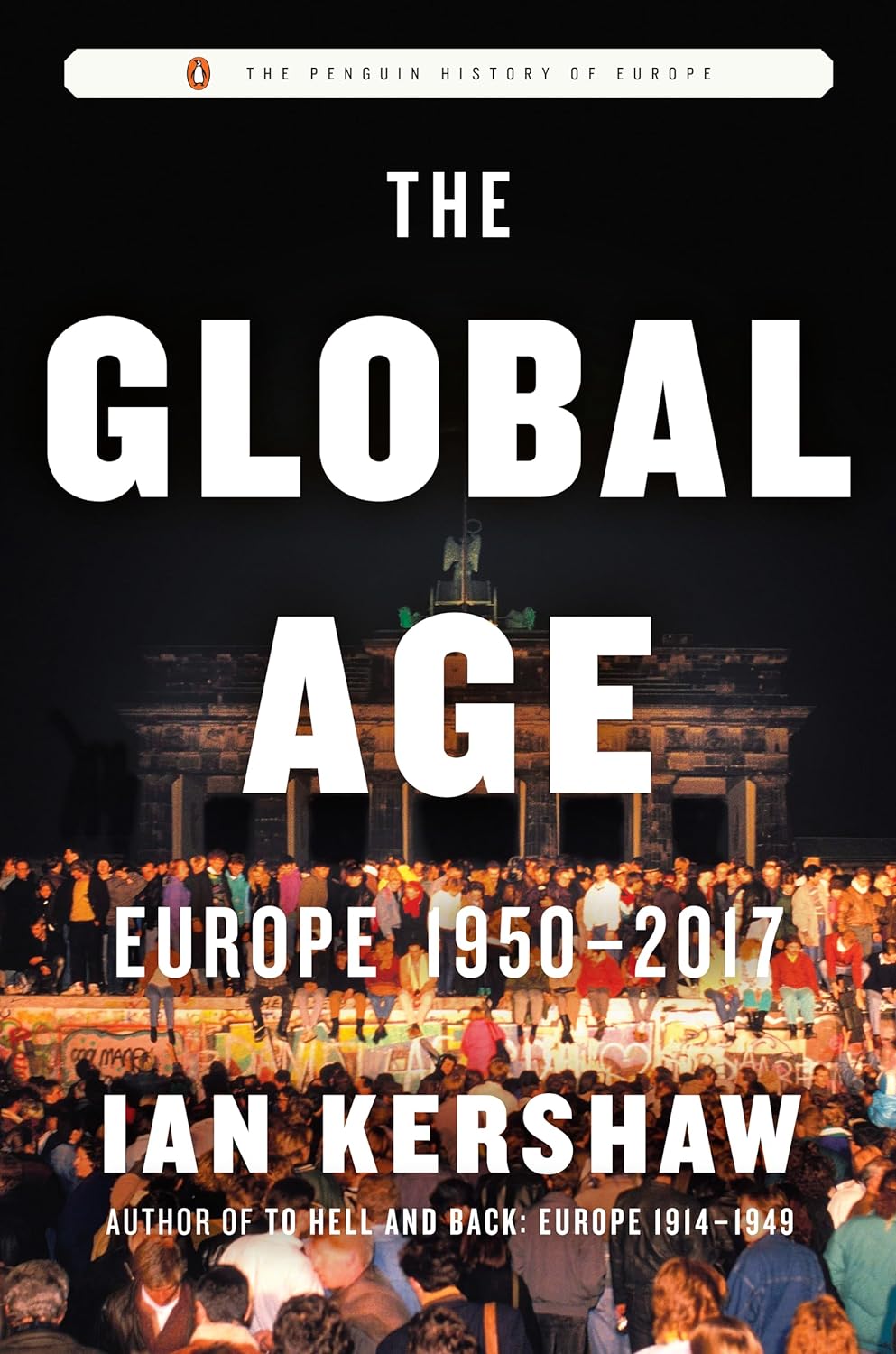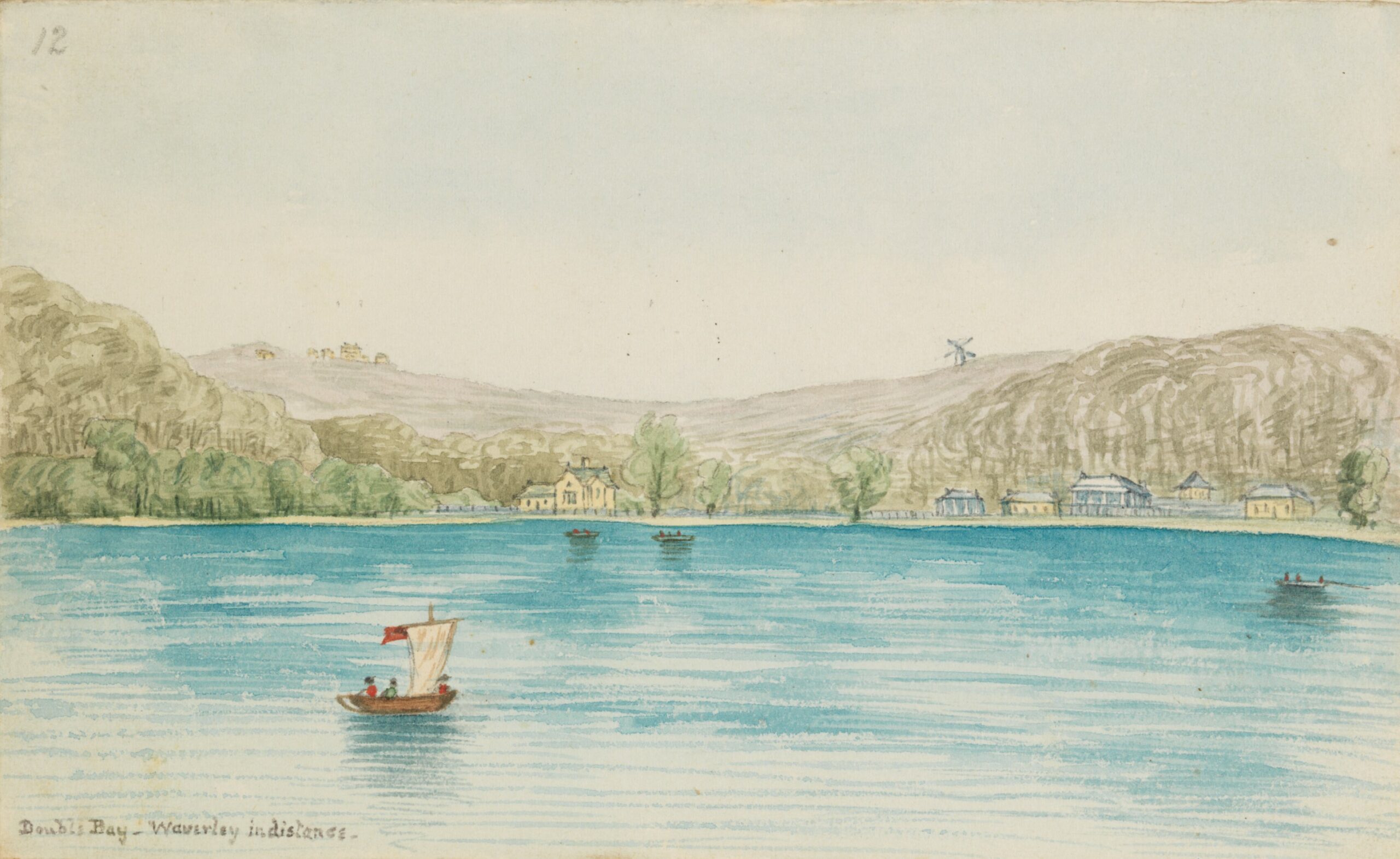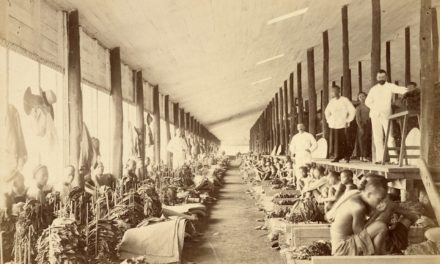Reading time: 2 minutes
Land—whether meadow or mountainside, desert or peat bog, parkland or pasture, suburb or city—is central to our existence. It quite literally underlies and underpins everything. Employing the keen intellect, insatiable curiosity, and narrative verve that are the foundations of his previous bestselling works, Simon Winchester examines what we human beings are doing—and have done—with the billions of acres that together make up the solid surface of our planet.
Land: How the Hunger for Ownership Shaped the Modern World examines in depth how we acquire land, how we steward it, how and why we fight over it, and finally, how we can, and on occasion do, come to share it. Ultimately, Winchester confronts the essential question: who actually owns the world’s land—and why does it matter?
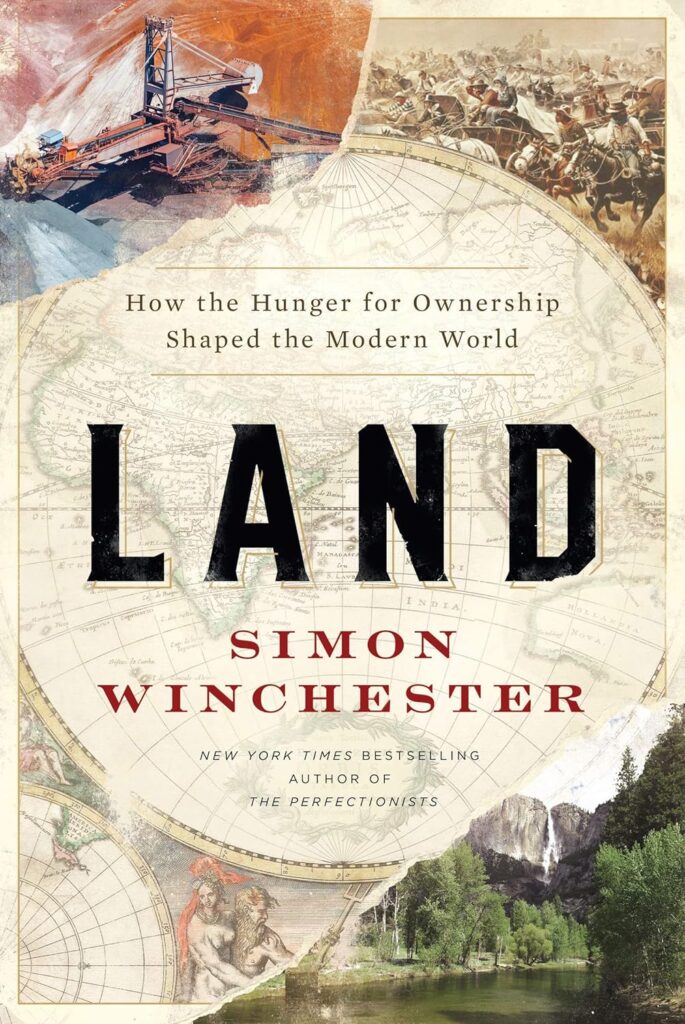
“In many ways, Land combines bits and pieces of many of Winchester’s previous books into a satisfying, globe-trotting whole. . . . Winchester is, once again, a consummate guide.”
Boston Globe
Spend some time with Simon Winchester, and you will sail oceans, survive earthquakes, peer into volcanoes, pore over maps, mine the origins of language and measure the immeasurable world… Yet “Land” is more than a travelogue or popular history or geographic exploration — it is a political work, a chronicle of human efforts to possess, restrict, exploit and improve our lands, all while, ideally, not destroying them.
Washington Post
The intricate vocabulary used to talk about land is one of the many pleasures … The theme could not be more topical … It packs in a wealth of ideas and human drama – and gives a fresh view of centuries of social conflict seen through a geographer’s lens
Financial Times
Winchester’s curious mind and wonderfully conversational way with words make reading a chapter or three a day akin to enrolling in an adult-education course with a gifted older teacher who has boundless stories with which to inform and entertain.
The Sydney Morning Herald
Land: How the Hunger for Ownership Shaped the Modern World – Book
By Simon Winchester Land—whether meadow or mountainside, desert or peat bog, parkland or pasture, suburb or city—is central to our existence. It quite literally underlies and underpins everything. Employing the keen intellect, insatiable curiosity, and narrative verve that are the foundations of his previous bestselling works, Simon Winchester examines what we human beings are doing—and…
Only 3 left in stock
Articles you may also like

Young people remain ill-equipped to participate in Australian democracy
Despite many young Australians having a deep interest in political issues, most teenagers have a limited understanding about their nation’s democratic system. Results from the 2019 National Assessment Program – Civics and Citizenship (NAP-CC) released today show the proportion of young people demonstrating the expected level of knowledge about topics such as democracy and government has not […]
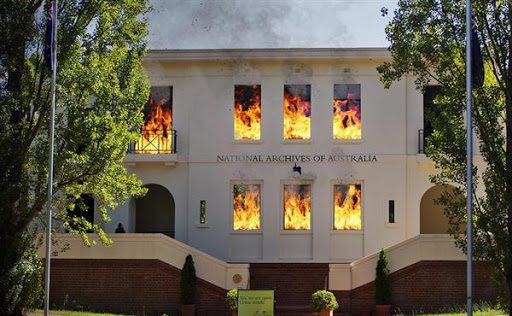
Saving the Nation’s Memory Bank
The National Archives of Australia is at risk due to chronic underfunding. Many important records are at risk of destruction and losses that will occur in the near future if nothing is done to boost resources to protect them. This is one of the most important historical resources in Australia, and it’s importance will only […]

